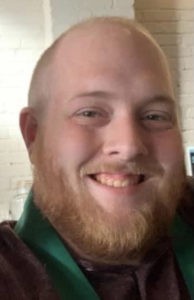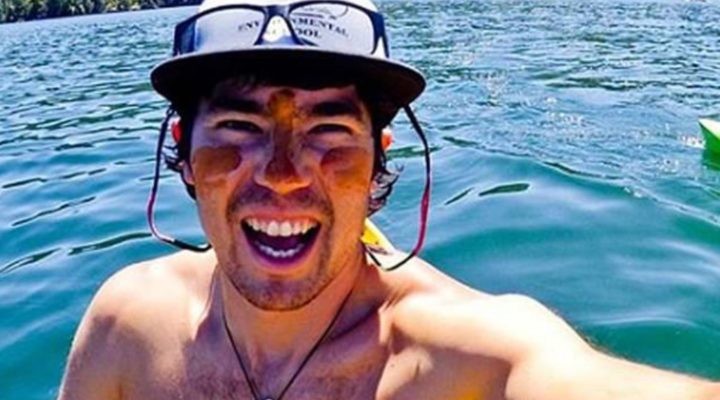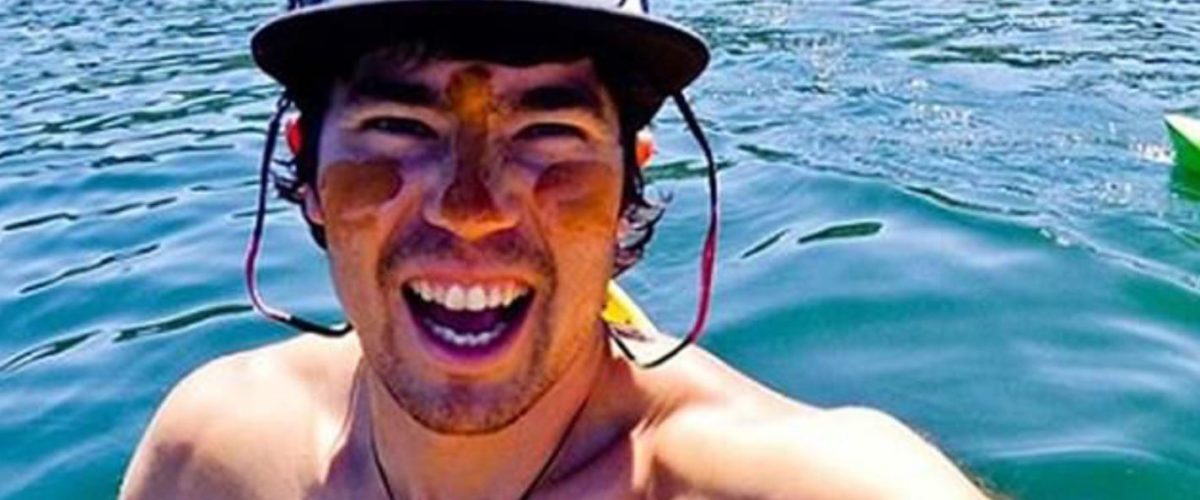Sometime after the morning of Nov. 16, 2018, John Chau died on North Sentinel Island in the Indian Ocean. He had illegally attempted to perform missionary work among the Sentinelese, an uncontacted people group, and they killed him when he made an unwanted intrusion into their lives with unclear intentions. He was 26.
I found out about it in the early morning of Nov. 21, the day before Thanksgiving. John and I had been friends at the Canada Institute of Linguistics, which was housed on the campus of Trinity Western University in the summer of 2017. We had hardly been close friends, but we had several good conversations about theology and Christianity. He was a good man who genuinely made you feel better for knowing him. After learning of his death, I made a quick Facebook post mourning his death, and I went back to sleep.

Kaleb Graves
It was about 9 a.m. the next morning when the phone calls, messages and emails began from media sources. When I spoke of John’s faith and missionary work, media representatives were surprised. They already had worked John’s story out for the morning news. To them, he was a wild-eyed adventurer, an Indiana Jones type, who had met his end in search of a thrill. His missionary activities were not yet known to them.
After a few more days, GQ, the New York Times, and other outlets began contacting me about John, but this time, they had the religious angle. He was a zealot. Or, perhaps an imperialist. Or, a brainwashed member of a yet unknown cult. Or, as one reporter suggested, a deeply repressed gay man. None of them could understand what would drive a young twenty-something to do what he did. So, they came up with their own bizarre or simplistic stories where John played the victim or the villain.
I became quite evangelistic about John’s death, giving interviews and appearing on podcasts to blame the fundamentalist culture that perpetuated the poor theology behind John’s fatal missionary endeavor. I remembered that summer session, when John talked about a tiny untouched tribe in the Indian Ocean that did not even know how to make fire, and how he wanted to reach them “for the gospel.” I remember conversations about eternal conscious torment in hell, and a true belief that every single North Sentinelese person had none of God’s saving grace because they never had heard of Jesus.
“Guilt set in. Could I have saved him? Could I have changed his mind? What if I had prolonged or continued our conversations?”
One reporter summed up what I had been thinking: “You’re the only one I know of in his life who did not believe these people were going straight to hell with no hope.” I knew that, but hearing someone else say that devastated me. Guilt set in. Could I have saved him? Could I have changed his mind? What if I had prolonged or continued our conversations? Would he still be alive today? I already was suffering under the guilt of my aunt’s preventable death from cancer a few months earlier, also caused by bad theology and a denial of medical science. I asked these same questions about her. I was faced with them again.
Slowly, my grief and guilt melded with John, and he stopped being a person to me. He was an idea, something that kept me up at night, haunted my nightmares and scarred my conscience. I stopped mourning a person. I constructed a representation for my anger, fear, anxieties and grief. It was not John anymore. I just called it John.
And that’s not right. It is not right that I and others have dehumanized John and turned him into something he was not. It is not right that reporters and headline scavengers have turned John into any number of characters in a story. It is not right that some evangelicals turned him into a faultless martyr. It is not right that some progressive Christians and secularists have turned him into a one-dimensional demon of imperialism and colonialism. It is not right that I turned him into a symbol of personal grief and a vendetta against bad theology.
“It is not right that I and others have dehumanized John and turned him into something he was not.”
John Chau was not any one of these things. He was a man. He was a Christian. He was complex, a life full of unique experiences, and made in the image of God, just like all of us.
Last year at this time, the cycle of emails, messages and phone calls began again. And again, as we approach the two years after his death, they have begun again. This macabre ritual attempts to draw me back into a world of talking heads, but I will just grieve instead.
I do grieve for toxic Christian sects that refuse to question their theology, contributing to John’s death. I do grieve for a missionary mentality that turns the “called” into infallible saviors from the Western world. I do grieve that I could not have done anything to help John. But I grieve these things separately from grieving John.
I also grieve his smile. I grieve him sharing his endless supply of turkey jerky. I grieve his sharp mind. I grieve his love of neighbor. I grieve his dedication to the gospel. I grieve his intimate faith with God. I grieve my friend. He was not a headline, article topic or sermon illustration. John Chau was a human being.
This year has been full of death, especially with people taken by COVID-19 and police brutality. It is OK to feel passion and want to seek a better life because of what happened to them. But do not do to them what I and others did to John. Do not dehumanize them. Do not turn them into headlines on a social media feed, devoid of the image of God. Do not make them stand-ins for your insecurities, anger or fear.
Grieve them. The families and communities of the headlined certainly are, long after the media spotlight passes.
Kaleb Graves was ordained as a CBF minister in 2019 and has served churches in Arkansas. He is currently a Baptist student at Duke Divinity School pursuing the master of divinity degree.
Related article:
A millennial martyr? The complicated legacy of John Allen Chau


